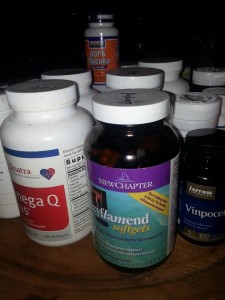My students were asking me about the tools I like to use for making a variety of herbal preparations. This is an illustrated list, that I thought others might find it interesting. Many items came from thrift shops and my stainless steel Vitamix blender, capable of grinding wooden blocks into sawdust has been kept going with spare parts found on eBay. The fun is in improvising and building up over time, so don’t feel you need to go all out at once.
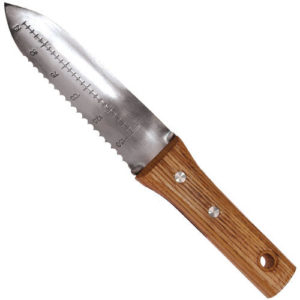
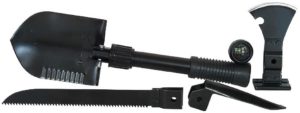
- A hori hori, Felco pruning shears and shovel for collecting, You can use a normal shovel instead of the survival tool, but have fun with your choices.
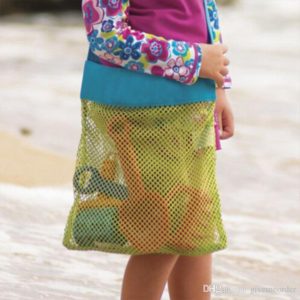
Mesh Collecting Bag - Mesh bags for collecting that can hold up to sticks, roots and thorns. Or game hunting bags.
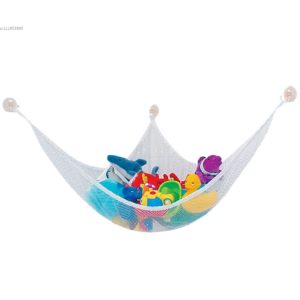
Also useful for drying herbs - Net collecting bags or drying hammock (Ikea children’s) Hanging rack.
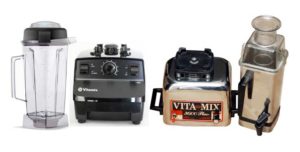
Vitamixes new and old 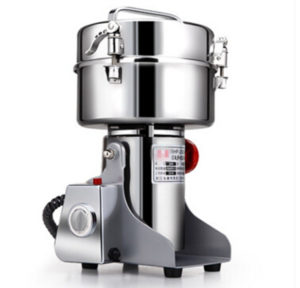
Chinese Herb Grinder - Vitamix or herb grinder Vitamix $50 used to $350 new; $480 grinder new, on eBay If you can get a used stainless steel Vitamix it will grind all but the hardest roots.
- Chemex glass coffee maker to hold strainer or filter paper while decanting tinctures.
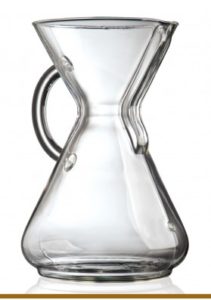
Chemex, good for filtering tinctures - Measuring Glassware in both Metric and Ounces, with lip. Pipette, For tinctures 4 and 8 oz beakers are most useful.
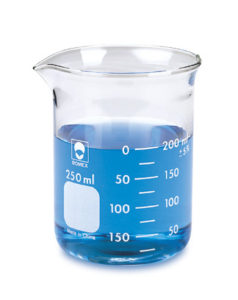
- Cone-shaped strainers with ears for standalone straining. $3-27 depending on size., and get different sizes and mesh grades Essential!
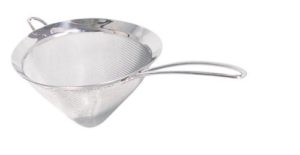
- Muslin bags for straining- Muslin tea bags (large) Jelly bag for tincture press or Chinois
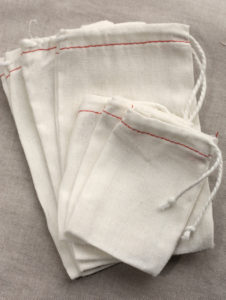
Use as teabags, filter bags - All Clad Chinois with strand and conical pestle.
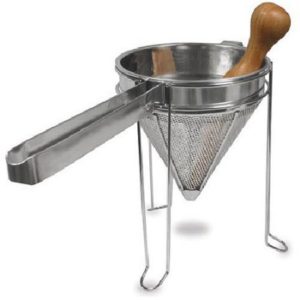
Chinoise jelly strainer - Metal or glass funnels in various sizes $15 on Amazon for mini set. Wide mouth for transferring herbs to jars. Check size of small funnels to fit tincture bottles. Lab supply stores.
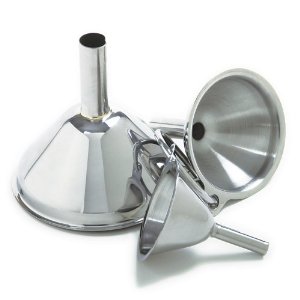
Get many sizes - Tincture press $50-150 on ebay. Or you can make one with a very large C Clamp and two cans that can nest, The increased tincture extracted will pay for itself early.
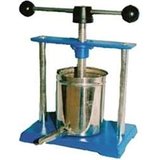
Professional tincture press and C Clamp type 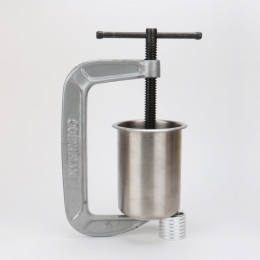
- Lots of large jars- mason to giant deli jars. Square sides preferred. Non-rust lids. Boston rounds for distribution 2-8 oz. Different lids available, but droppers fail eventually so only use for immediate consumption. Salve jars, 1-4 oz.
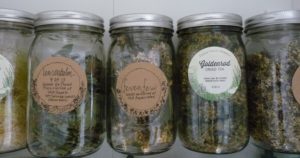
Storage jars 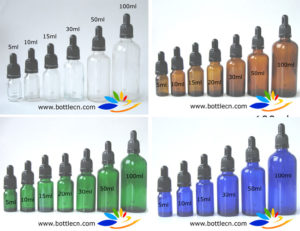
Boston Round tincture bottles - Percolation cone- use powdered herbs and pour alcohol through. You can recirculate with a fish pump or pour through again. A Perrier bottle with the bottom sawed off and a hole in the lid is the low cost version. And look up Earle Sweet’s patent for the superdeluxe recirculating version- let me know if you can find it for sale, because I passed it up at an herb conference one year and never saw him again.
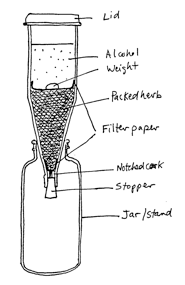
Percolation cone, drips into bottom 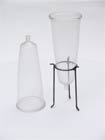
Professional percolation cone - Dehydrator or simply a fan in hot dry room. Important for humid areas or thick herbs. You can use a stove with a pilot light too.
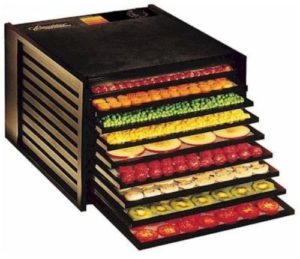
Deluxe Excalibur dehydrator - Vacuum food sealer will protect dried herbs from oxidation especially with desiccant packages. Use desiccants in any powdered or granule herb, even in storage jars.
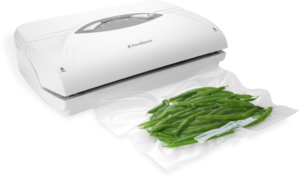
Use with desiccant packages for longer life - Crock pot on standalone dimmer- the crock pot may not be low enough for infusing oils without burning them. Get a dimmer that can lower the voltage. Alternatively use a yogurt maker or roast pan filled with water on a buffet heater
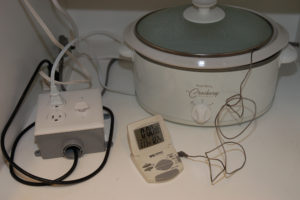
Crock pot with standalone dimmer lowers temperature enough for oils - Food scale with gram and ounce measurements and tare function- good for measuring granules. Some talk! A Chinese hand scale or balance is fun but not necessary unless you are off the grid
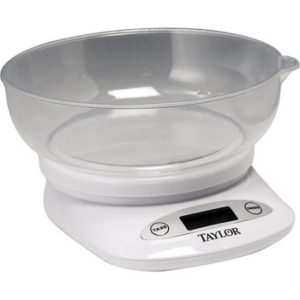
- Essential oil still on eBay $200-$300 if you want to make essential oils and have fresh herbs readily available, You can often find used stills
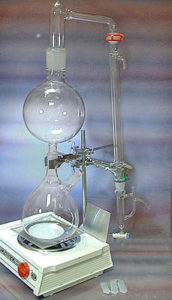
Steam distiller for essential oils 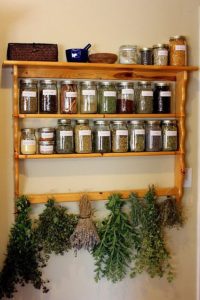
Small scale drying and prep shelf 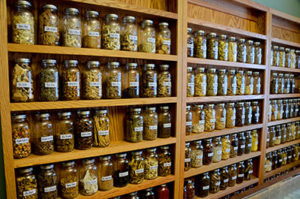
Herbalist Storage for dark room - Bookshelves in a dark cool room or closet that can support the weight of your herbs. CD shelves are good for tincture bottles. Commercial nail polish holders work for essential oils.


